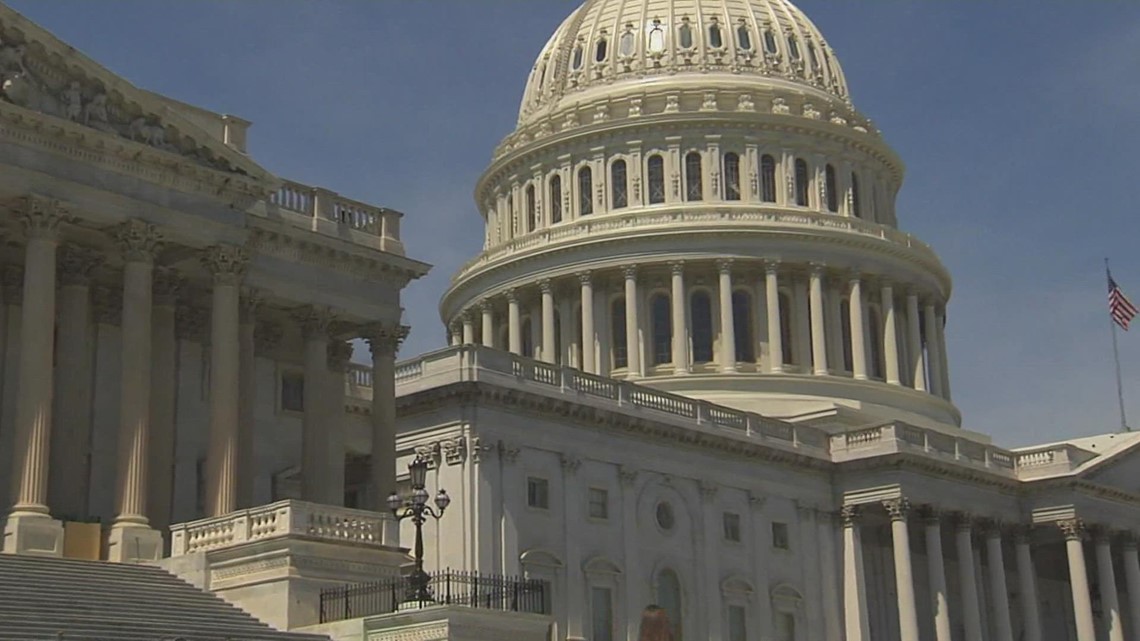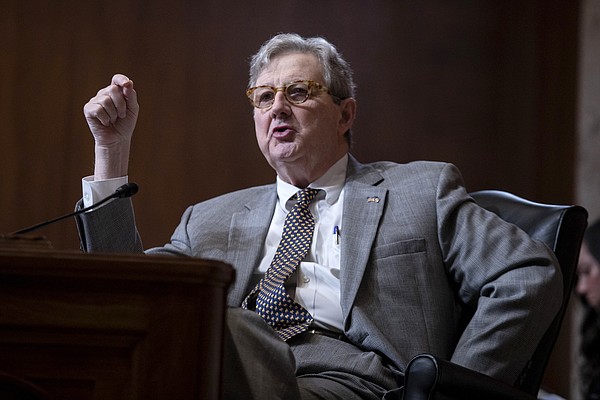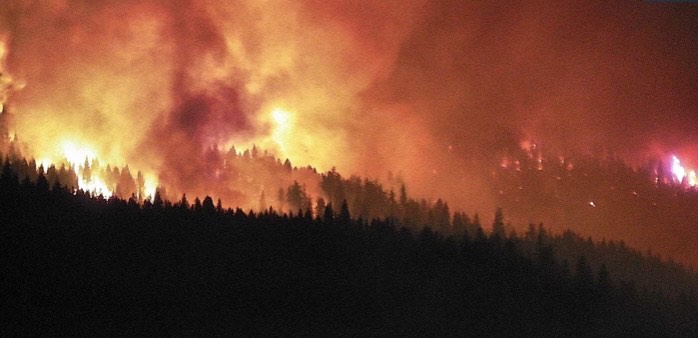SACRAMENTO–(BUSINESS WIRE)–Today, Governor Gavin Newsom signed Senator Anna Caballero’s Senate Bill 1109, which extends the requirements for investor-owned electric utilities (IOUs) to procure energy from electrical installations generating biomass.
“The CBEA commends the Legislative Assembly and the Governor for their work to promote healthy forests and renewable energy by passing and signing Senate Bill 1109,” said Julee Malinowski-Ball, executive director of California. Biomass Energy Alliance. “We are especially grateful for the hard work of Senator Anna Caballero on behalf of the biomass industry and its thousands of direct and ancillary jobs.”
This law requires IOUs to extend existing contracts or source 125 megawatts (MW) of sustainable, renewable energy from biomass generation facilities.
“SB 1109 is the right bill at the right time to support California’s forest, energy and climate policy,” Malinowski-Ball added.
In the past 16 months, millions of California’s 33 million acres of forest land have burned. At this rate, much of California’s forests could be lost forever by mid-century. The clean water, fresh air, carbon sequestration, forest products, recreation and biodiversity made possible by these forests will disappear.
Leaving excess forestry waste and overgrowth materials in the state’s ecologically stressed forests puts forests at high risk of massively destructive wildfires, impairs watershed function, diminishes wildlife habitat and a d other adverse effects on forests. Mature undisturbed forests in California typically had a canopy closure density of about 60%. Some of the state’s invaded forests today have canopy closures greater than 90 percent. These forests are being smothered and therefore cannot provide the level of ecosystem services that they should be able to provide.
Last year alone, existing biomass facilities consumed nearly 1.3 million dry tons of wood waste, most of which is forestry waste. Biomass facilities take forest waste and reduce pollutant emissions by up to 98% through highly controlled emissions technologies compared to open burning.
“The biomass industry will continue to be an essential tool in reducing greenhouse gas emissions by providing clean, green and sustainable renewable energy,” said Julee Malinowski-Ball.
The California Biomass Energy Alliance (CBEA) promotes biomass energy to meet California’s environmental and economic goals. The CBEA represents biomass installations as well as suppliers of fuel, equipment and services for the installations. There are currently 23 solid-fuel biomass power plants in operation in 17 counties in California.







